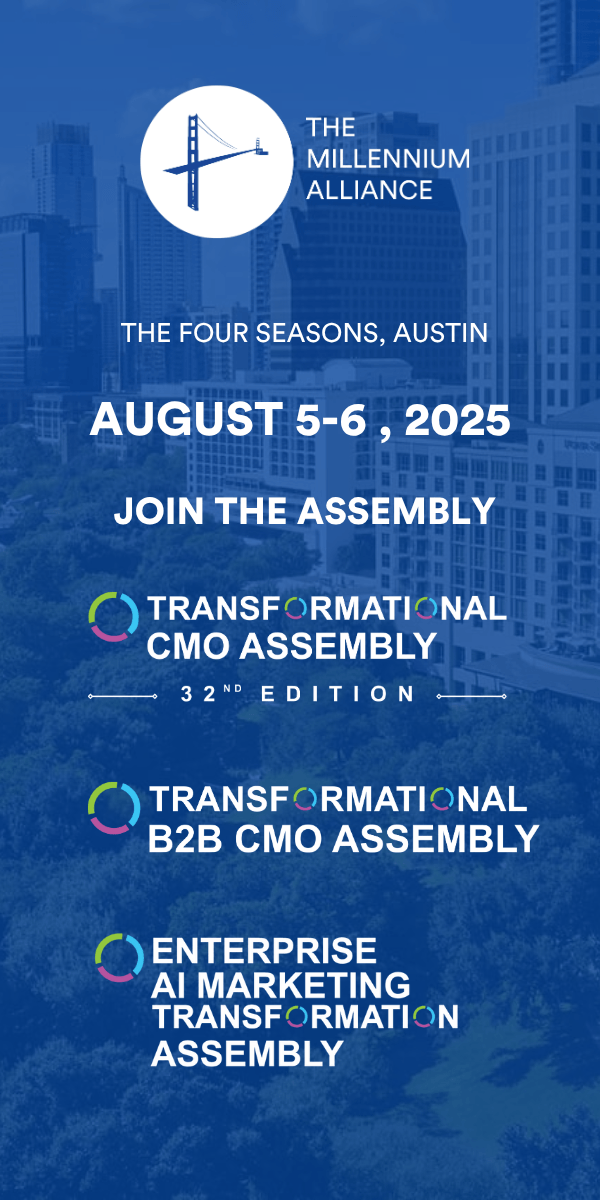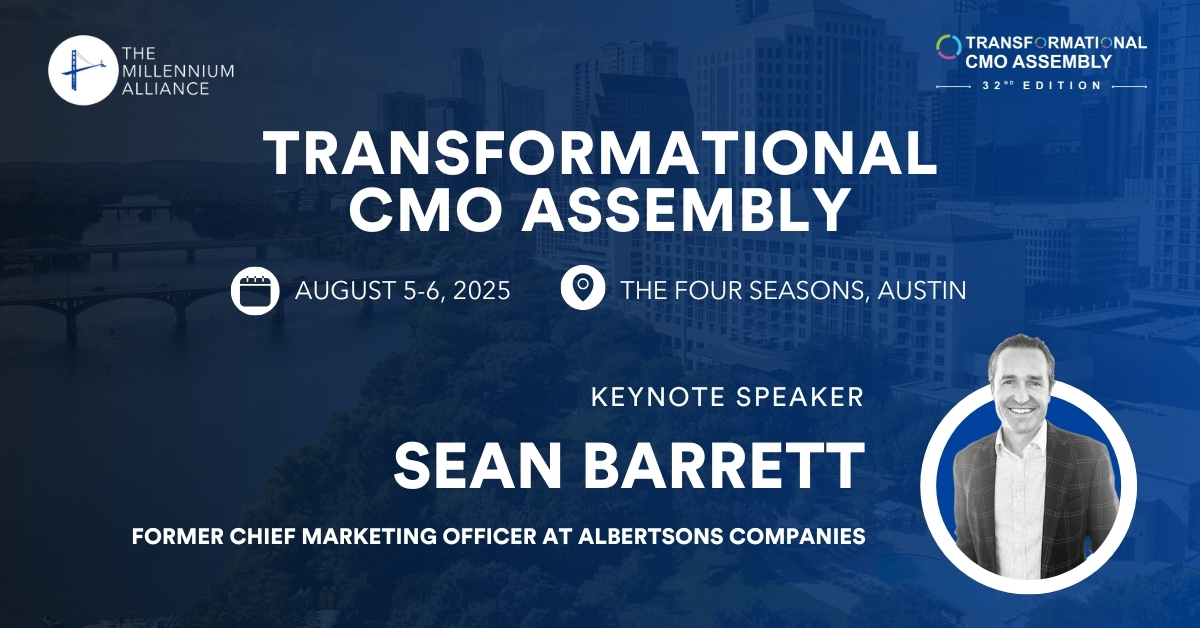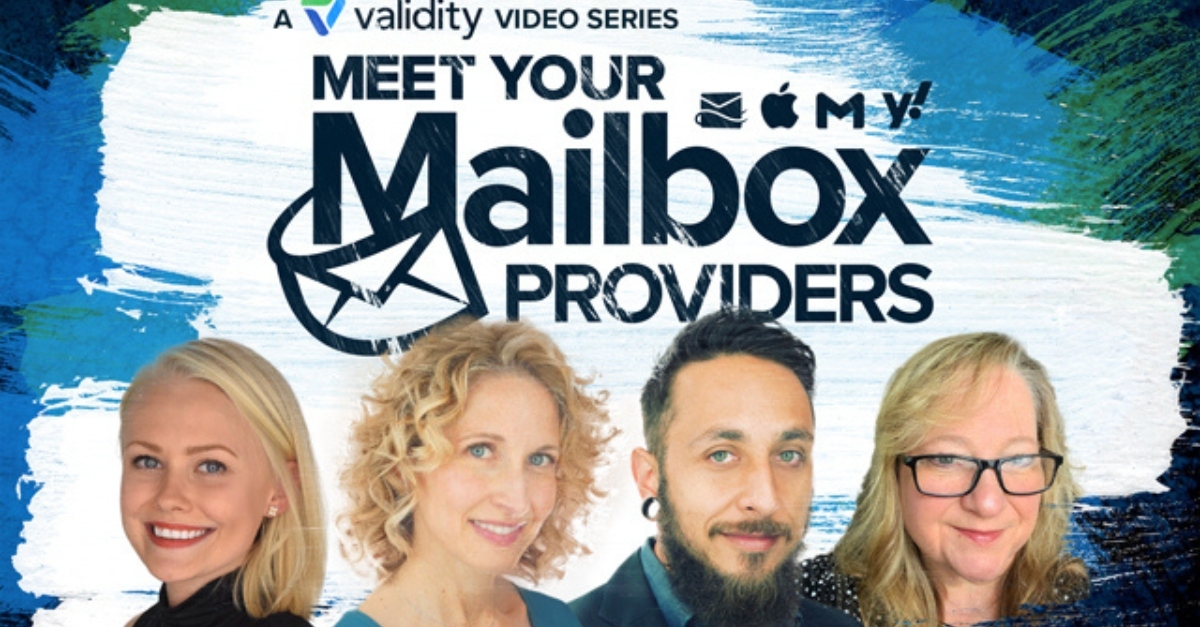As originally published by Denise Lee Yohn on Linkedin.
A couple of people have recently posed to me the question, “Who owns culture in an organization?”
On the one hand, it seems that everyone owns the culture – meaning, everyone plays a role in manifesting it. But on the other hand, the adage “if everyone is responsible, then no one is responsible” applies, because someone(s) need to be accountable for the culture.
The way I’ve come to think and talk about it goes like this: The leaders of an organization are responsible for identifying the desired culture and everyone in the organization is responsible for cultivating it. The leaders must determine the kind of culture the company needs to achieve its goals, since they are in the best position to develop that vision and understand what it will take to get there. And then they must cultivate that culture through communication and role-modeling, as well as the design and management of the organization. Everyone else in the organization must align their attitudes and actions with the desired culture, nurturing and reinforcing it in their scope of work.
But that is not to say that people within an organization shouldn’t influence the definition or understanding of the desire culture. I’ve heard from many people in non-leadership roles who have far more enlightened perspectives not only on the current state of the culture at their companies, but also how it needs to change and how to achieve the changes. Plus a couple of pieces I’ve come across recently shed light on the role of employees in driving culture.
First, a paper recently published by the Stanford Social Innovation Review observes, “Employees often know a great deal about how to navigate their organization’s culture and are very savvy at using aspects of it to introduce new issues or to generate fundamental change.” The paper, “Organizational Culture as a Tool for Change” (subscription required), goes on to reframe culture, saying that, “In an effort to acknowledge culture’s pervasiveness and fluidity, management and organizational scholars are now regarding organizational culture as composed of an open, varied, and malleable ‘toolkit’ of resources” (emphasis mine).
The authors describe one example of how the employees at an athletic-apparel company with a culture strongly oriented toward innovation for athletic performance initiated an effort to make sustainability an organizational priority. By demonstrating the potential for sustainability criteria to connect with the company’s commitment to innovation, employees “successfully instigated a significant internal shift.”
The paper argues that culture is less an “internal code” that is established and entrenched by organizational leaders and is more something persists through the distributed actions of all people in the organization. Employees draw from the cultural toolkit as they see fit, and in doing so, can shift the culture either intentionally or inadvertently. The authors conclude, “Culture is expressed and reified through practice; it is not merely established by proclamation.”
The second piece that caught my attention recently is an article by Andrew Hill from the Financial Times, “How remote staff will build a new corporate culture.” The article observes that, given how many employees are working remotely because of the pandemic, “Keeping even long-serving staff aligned with the corporate mission will become harder, the longer they spend away from the workplace.”
It reports that remote working has loosened the physical connections between employee and employer, and staff now has the license to make connections at their own discretion. The article describes how employees at McKinsey organized a sing-a-long (yes, at McKinsey) and how university professors, in a departure from the hard-nosed competitive cultures that usually exist between academic institutions, spontaneously shared wisdom about online teaching to aid their peers in adjusting to remote classroom settings.
Hill writes, “Organisations that were always good at shaping the way their employees work and behave — McKinsey, AB InBev, and others — will probably find that the shift to hybrid work helps them to reinforce their strong cultures.” Other companies with weaker cultures may find that #WFH causes them to fall apart. And, he concludes, “All companies are likely to discover, that often it will be the staff who set the norms of the new working culture, rather than the CEO.”
So, perhaps “who owns culture” is not the right question to begin with. Ownership implies possession and, if culture is malleable and fluid as these pieces suggest, it doesn’t seem like anyone can own it. But accountability may be a more appropriate emphasis. Accountability can be both given and taken – and when it comes to organizational culture, it should given and taken by different people in different roles in different ways.
What do you think? I expect many of you have a point of view on this topic, so I’m looking forward to hearing your comments.
***
More resources from Denise on brand + culture:
- FUSION: How Integrating Brand and Culture Powers the World’s Greatest Companies — my latest book
- Should Company Culture Be Like a Cult? – a post from this Brand + Culture Series
- How To Cultivate a Successful Culture – an article of mine from The Art Of














